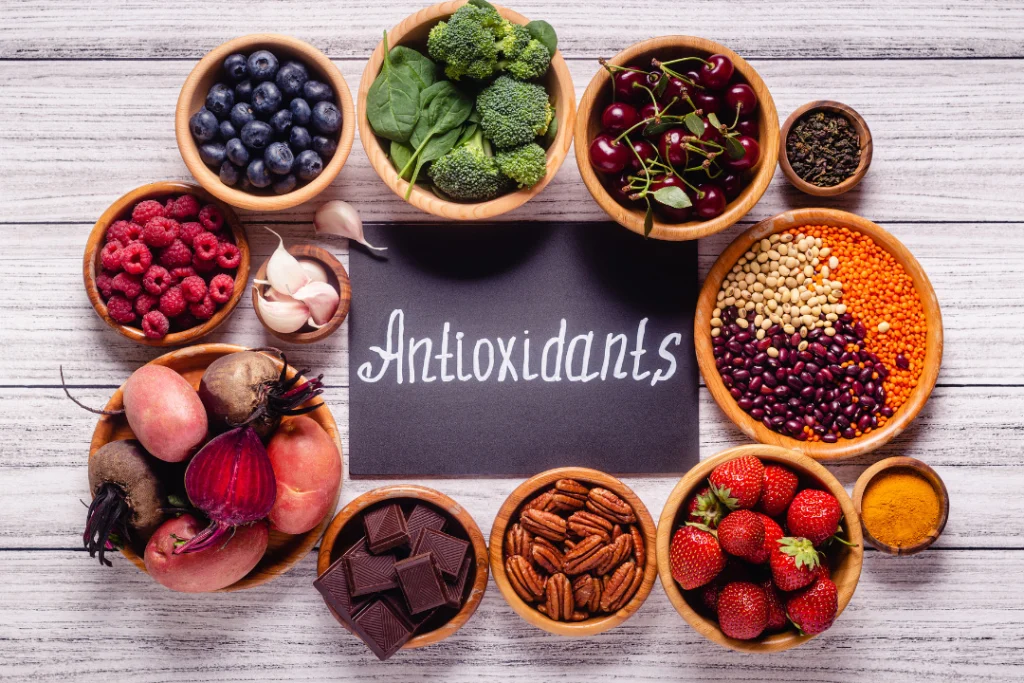A nootropic supplement called bamboo leaf has grown in popularity recently due to its potential to improve cognitive function. The nature of bamboo leaf, its health advantages, the best dosage, any potential negative effects, any possible drug interactions, and responsible use will all be covered in this article. The chemistry of bamboo leaf and its physiological mechanism of action on the body and brain will also be covered in scientific detail. Finally, we will make a positive mention of myPEAK Radiance, a supplement sold by myPEAK Supplements and one of the greatest sources of bamboo leaf on the market in a formulation that is synergistic and highly bioavailable.
Bamboo Leaf: Benefits, Dosage, Side Effects, Drug Interactions, And Other Important Information is an original (PlantBasedHealthNews) article.
The Nature of Bamboo Leaf
The bamboo plant is indigenous to Asia and is utilized there for many traditional medical purposes, including as a brain booster.
Many substances, including polyphenols and flavonoids, found in bamboo leaf have antioxidant capabilities and may contribute to the plant’s potential health benefits.
Health Benefits of Bamboo Leaf
The possible health advantages of bamboo leaves have been researched, especially in relation to cardiovascular and cognitive health. The following are some potential health advantages of bamboo leaf:
1. Enhanced Cognitive Function: According to research, the bamboo leaf is appropiate if you are looking to improve your mental performance for any professional or academic goals because it is shown that it may enhance learning, memory, and cognitive performance.
2. Antioxidant Properties: Polyphenols and flavonoids are thetwo chemicals found in bamboo leaf and ithave been demonstrated to have antioxidant capabilities. Free radicals are unstable chemicals that can harm cells and advance the onset of disease. Antioxidants operate by neutralizing these molecules. This may aid in defending the body from the damaging effects of oxidative stress, which can affect general health and fitness.
3. Lessened Inflammation: Bamboo leaf extract might have anti-inflammatory effects, which could help explain why it might be good for your heart. Inflammation is a known risk factor that would lead to the emergence of cardiovascular disease and have adverse impact on a person’s general health and fitness. 4. Weight Management: According to a study in the Journal of Nutritional Biochemistry, bamboo leaf extract helped rats on a high-fat diet lose weight and accumulate less body fat. Although more studies are required to validate these effects in people, these results imply that bamboo leaf may be an effective tool for people trying to control their weight and enhance their level of fitness.

Chemistry of Bamboo Leaf and Its Mechanism of Action
Bamboo leaf extracts aside from having high antioxidant qualities may also affect the brain’s dopamine and acetylcholine neurotransmitter systems.
Moreover, bamboo leaf extract may influence the expression of specific genes linked to oxidative stress and inflammation, which could contribute to its potential advantages for cardiovascular health and mental function.
Although the physiological mechanism of action of bamboo leaf is not fully understood, research indicates that many pathways may be involved. According to a study that appeared in the Journal of Agricultural and Food Chemistry, rats’ livers and brains had higher levels of antioxidant enzyme activity after consuming bamboo leaf extract. This shows that oxidative stress, which is known to contribute to the development of many chronic diseases, may be protected against by bamboo leaf extract.
Another study found that bamboo leaf extract enhanced rat cognitive performance, which was also published in the Journal of Nutritional Biochemistry. The neurotransmitter systems in the brain may have been altered, according to the researchers, who hypothesized this effect.
Overall, bamboo leaf’s chemistry and physiological mode of action point to a potential nootropic supplement for anyone wishing to improve their cognitive performance and cardiovascular health. To completely comprehend its potential advantages and mode of action, more research is necessary.
Optimal Dosage of Bamboo Leaf
Depending on the user and the intended application, different individuals may require different dosages of bamboo leaf. The majority of research has employed daily dosages of bamboo leaf ranging from 200 to 400 mg. The best dosage may be impacted by variations in the quality and purity of bamboo leaf extract found in different products.

Side Effects of Bamboo Leaf
When used as recommended, bamboo leaf is generally regarded as safe. Some individuals, however, may have minor side effects including nausea or stomach discomfort. Allergic responses can happen on occasion. Before using bamboo leaf, it’s vital to speak with a doctor, especially if you have any underlying health issues or are taking any drugs.

Potential Substance Interactions with Bamboo Leaf
Blood thinners and several chemotherapy medicines, among others, may interact with bamboo leaf. If you are on any drugs, it is crucial to talk to a doctor before using bamboo leaf.
Best Responsible Use of Bamboo Leaf
Choose a high-quality product from a trustworthy source when thinking about using bamboo leaf. A fantastic source of bamboo leaf extract, myPEAK Radiance is designed to be highly bioavailable and contains complementary compounds that may increase the advantages of the bamboo leaf.
When taking bamboo leaf, it’s crucial to stick to the suggested dosage and speak with a doctor if you have any questions. Also, it’s critical to incorporate bamboo leaf into a healthy lifestyle that includes consistent exercise, a nutritious diet, and enough sleep.
Bamboo Leaf:
Conclusion
Bamboo leaf is a well-known nootropic supplement that has been used by people to increase cognitive performance. The bamboo leaf contains flavonoids and polyphenols that can prevent the oxidation of cells through their antioxidant properties. Cognitive ability can be improved in terms of learning, memory, and attention span. This supplement is incredibly helpful if you have any academic or professional goals that require a boost in their mental performance. However, you should always seek advice from medical professionals to prevent any adverse effects from the consumption of bamboo leaves as a daily supplement due to allergic reactions. The dosage of bamboo leaves must be strictly followed.
Important Note: The information contained in this article is for general informational purposes only, and should not be construed as health or medical advice, nor is it intended to diagnose, prevent, treat, or cure any disease or health condition. Before embarking on any diet, fitness regimen, or program of nutritional supplementation, it is advisable to consult your healthcare professional in order to determine its safety and probable efficacy in terms of your individual state of health.
Regarding Nutritional Supplements Or Other Non-Prescription Health Products: If any nutritional supplements or other non-prescription health products are mentioned in the foregoing article, any claims or statements made about them have not been evaluated by the U.S. Food and Drug Administration, and such nutritional supplements or other health products are not intended to diagnose, treat, cure, or prevent any disease.
